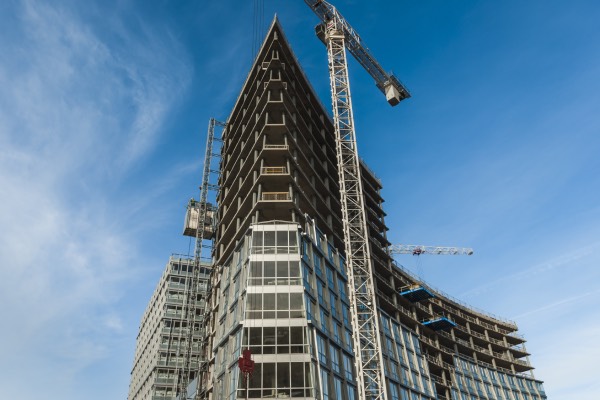Construction costs in the U.S. are projected to see a 3 to 6% rise this year, following an average jump of 4% in 2023, a report has suggested. Cost escalation is expected to challenge construction companies, which will need to create new processes and capabilities to ensure costs are under control and projects are on track, according to a recent report by Currie & Brown.
There will be significant variation in cost escalation between major cities, the report said.
Construction costs in Chicago will surge by 3.5% this year, compared to 6% in Phoenix. This means that a $10 million project in Phoenix built in 2023 will cost $10.6 million this year, while in Chicago, the same project will cost $10.35 million.

To help companies navigate uncertainty and be more cost-effective, here are some of the actions they can take:
- Implement new ways of working, like modular construction. This will help reduce the impact of local skills and material shortages, offering greater certainty on construction costs. Close collaboration between developers, contractors and consultants will result in better clarity on schedules so that skilled labor can be secured early.
- Ensure sustainability at every step. Organizations should consider the carbon impact of their projects at every stage of development to ensure these are aligned with existing and future standards. This will reduce the need for companies to make additional investments in the future and they will benefit from operational efficiencies sooner, lowering the cost and overall life carbon impact of their portfolio.
- Be open to the potential of digitization. New and updated technology tools, such as AI and advanced data analytics, open up new avenues to enhance project ROI and predict and manage new challenges. Firms should be open-minded to the possibility of new digital tools and work to apply them where they will add value.
“By proactively engaging in sustainability, adopting digital technologies, and evolving work methodologies, operational efficiencies can be realized. This proactive stance will help mitigate the impact of current and future construction cost increases and contribute to developing better, sustainable built environments for all,” said Rachel Personius, associate director of Currie & Brown. “Managing cost escalation in the U.S. construction sector presents an ongoing challenge, albeit a familiar one. It’s time for our industry to shift from firefighting to proactive collaboration with clients in navigating this persistent trend.”
Besides the U.S., other operating regions are also experiencing spiraling construction costs. While the extent of this differs in every market, there are some common drivers:
- Geopolitical conflict brings uncertainty to the U.S. economy. Federal Reserve decisions on interest rates will affect construction project financing, while the upcoming presidential election is likely to influence costs and trends in the construction industry.
- Inflation of construction goods has been witnessing a downward trend. According to Federal Reserve Economic Data, costs increased by less than 1% in 2023. A modest 2-3% rise in project material costs is expected this year.
- Sustainability rules are becoming more stringent worldwide. In 2023, California enacted two significant climate disclosure bills – The Climate Corporate Data Accountability Act and The Climate-Related Financial Risk Act. While aligning with these new norms is likely to increase costs temporarily, the broader trajectory involves simultaneous decarbonization and long-term operational cost reduction.
- Shortages in skills and materials are causing cost increases across the U.S., amplified by record-low numbers of skilled journeymen and apprentices. With the U.S. construction activity remaining strong, increased competition for labor has boosted union bargaining power. Project teams are creatively incentivizing and offering bonuses to retain limited resources. With a persistent shortage of skilled labor nationwide, Currie & Brown predicted a 3-6% increase in labor costs this year.
